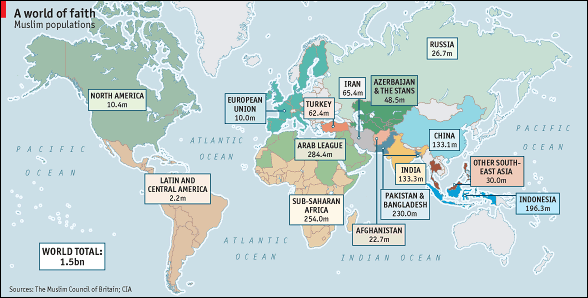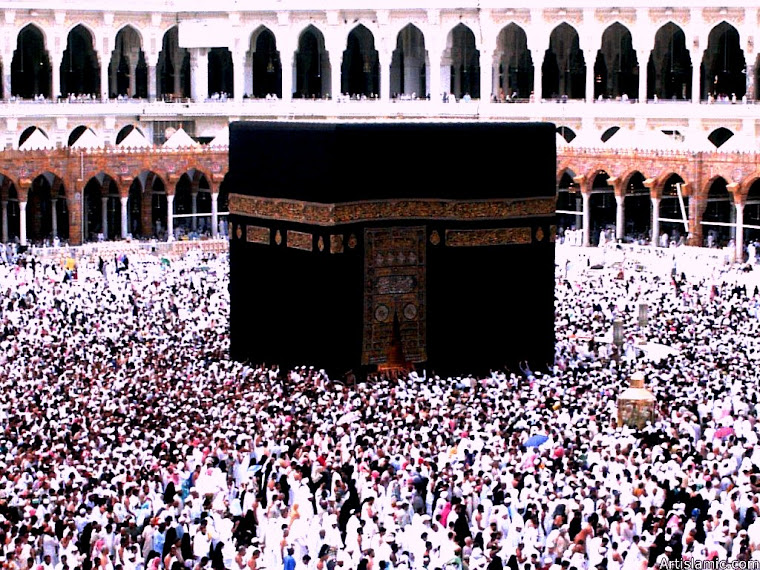Waltz believed that the structure of the international system largely determines the behavior of individual states and that there is very little effective choice for leaders of states. Structural determinist is usually used in a negative or critical sense against realists, neorealists, and some Marxist. Few, if any, theorists would admit to complete structural determinism in their theories, but some do assign greater weight to structure as a determinant of the behavior of states and other actors. Structural realism is the term he preferred because in his view it is more accurately describes neorealism's focus on structure as a principal determinant of the behavior of states, the principal units in the international system.
He purport to present a systems theory of international politics, an explanation how patterns, arrangements of parts of a whole or structure of an international order affects the behavior of states. For Waltz, the perpetual condition of anarchy makes the international order very different from hierarchic national orders. Because states cannot appeal to any higher authority to resolve their disputes, understanding international politics writ large means we have “to conceive of an order without an orderer and of organizational effects where formal organization is lacking.” Taking a page from microeconomic theory, Waltz compares international politics to a market: The market arises out of the activities of separate units—persons and firms—whose aims and efforts are directed not toward creating order but rather toward fulfilling their own internally defined interests by whatever means they can muster. The individual unit acts for itself. From the coaction of like units emerges a structure that affects and constrains all of them. Once formed, a market becomes a force in itself, and a force that the constitutive units acting singly or in small numbers cannot control.
Waltz argues that over time a balance of power tends to recur among states, even if it is not the same states that are always powerful and even if the balance is achieved through different types of state actions. Fundamentally, “states are alike in the tasks that they face, though not in their abilities to perform them. The differences are of capability, not of function.” Balance-of-power theory “makes assumptions about the interests and motives of states, rather than explaining them. What it does explain are the constraints that confine all states,” which can generate broad predictions about how states will behave when confronted with similar situations.
Neorealism which is a label applied to structural realists or those realists who are interested in explaining state behavior under conditions of anarchy, which emphasize the importance of the structure of the international system and how this influences and constrains state behavior. However, it neglected the importance of values and norms as stressed by earlier realists such as Hans Morgenthau and E. H. Carr. In conclusion, Waltz concept of international politics can be compared to Marxism by German Karl Marx. It emphasizes the dialectal unfolding of historical states. It stresses the importance of economic and material forces and class analysis. It predicts that contradictions inherent in each historical epoch eventually lead to the rise of a new dominant class. Consequently, Waltz is concerned with elaborating a theory of how endogenous and exogenous factors at the international level of analysis explains state behavior and not conditions absorbed in one system than in another.
A.M.Nassef

















No comments:
Post a Comment